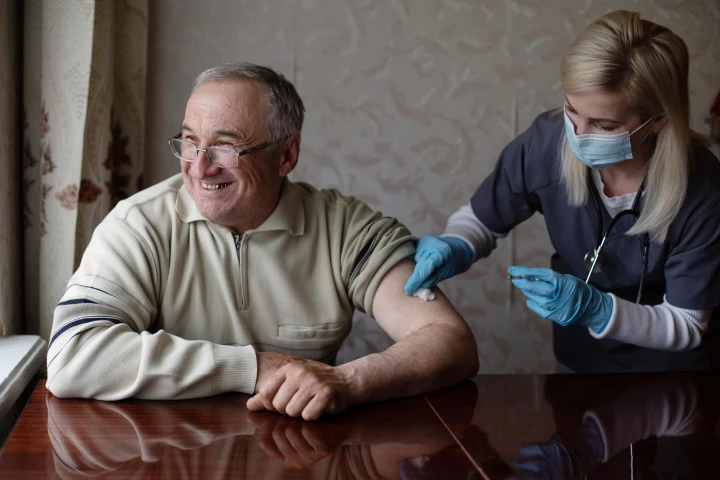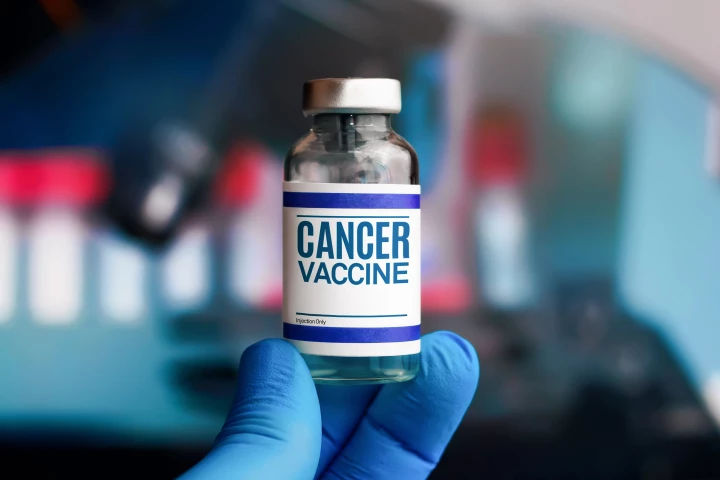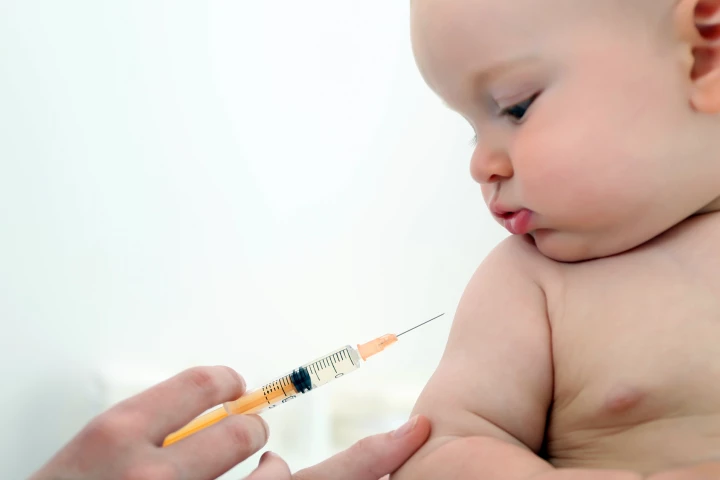Vaccines
-
Instead of focusing on your sore arm after your next vaccine, you might want to think good thoughts. A new study that trained people in the power of positive thinking showed that the practice can significantly boost antibodies created by the jab.
-
Americans are being urged to be extra vigilant, as a new influenza A variant is spreading more rapidly and evading our abilities to fight it off. With more than 110,000 hospitalizations so far, scientists expect this wave to worsen as the season peaks.
-
In a Phase 3 trial of more than 18,000 volunteers across three countries, a novel mRNA influenza vaccine developed by Pfizer has outperformed standard seasonal flu shots by 34.5%. It's yet another sign that this biotechnology is here to stay.
-
A next-generation cancer vaccine has shown stunning results in mice, preventing up to 88% of aggressive and difficult-to-treat cancers by harnessing dual-pathway nanoparticles that train the immune system to recognize and destroy tumor cells.
-
Australia's embattled koalas have been given some good news for once, with the approval of the world's first chlamydia vaccine. More than a decade in the making, a single jab will now protect koalas from the disease decimating their populations.
-
The shingles vaccine is up to 97% effective in preventing the condition caused by the herpes zoster virus, which inflames nerves and causes painful rashes. Now, a new metastudy says it may also be a big help in boosting cardiovascular health.
-
In a recent experiment that sounds more sci-fi than science class, researchers have demonstrated a novel vaccine platform that uses ordinary dental floss embedded with tiny, dissolvable microneedles showing how everyday materials can be reimagined.
-
A novel way to prevent the spread of malaria by directly targeting the proteins that enable the infectious parasite to reproduce could soon be realized, thanks to scientists at WEHI in Australia.
-
Following on from a breakthrough human trial that reprogrammed the immune system to overpower an aggressive brain tumor, scientists have now used the same mRNA tech to attack any cancer. It could make chemotherapy, surgery and radiation redundant.
-
A massive study of over 1.2 million children has found no link between aluminum-containing vaccines and 50 chronic childhood conditions, including autism, ADHD, asthma, and diabetes, delivering a reassuring message about vaccine safety.
-
Researchers at MIT have developed a way to 'supercharge' vaccines to the extent that just a single dose can provide strong protection from HIV. This approach could also help formulate protein-based vaccines to protect against influenza and SARS-CoV-2
-
We could be on the verge of a major cancer breakthrough, with a new nanoparticle-based vaccine reportedly obliterating pancreatic cancer cells in preclinical trials. This success now takes it a step closer to a first-of-its-kind human trial.
Load More











